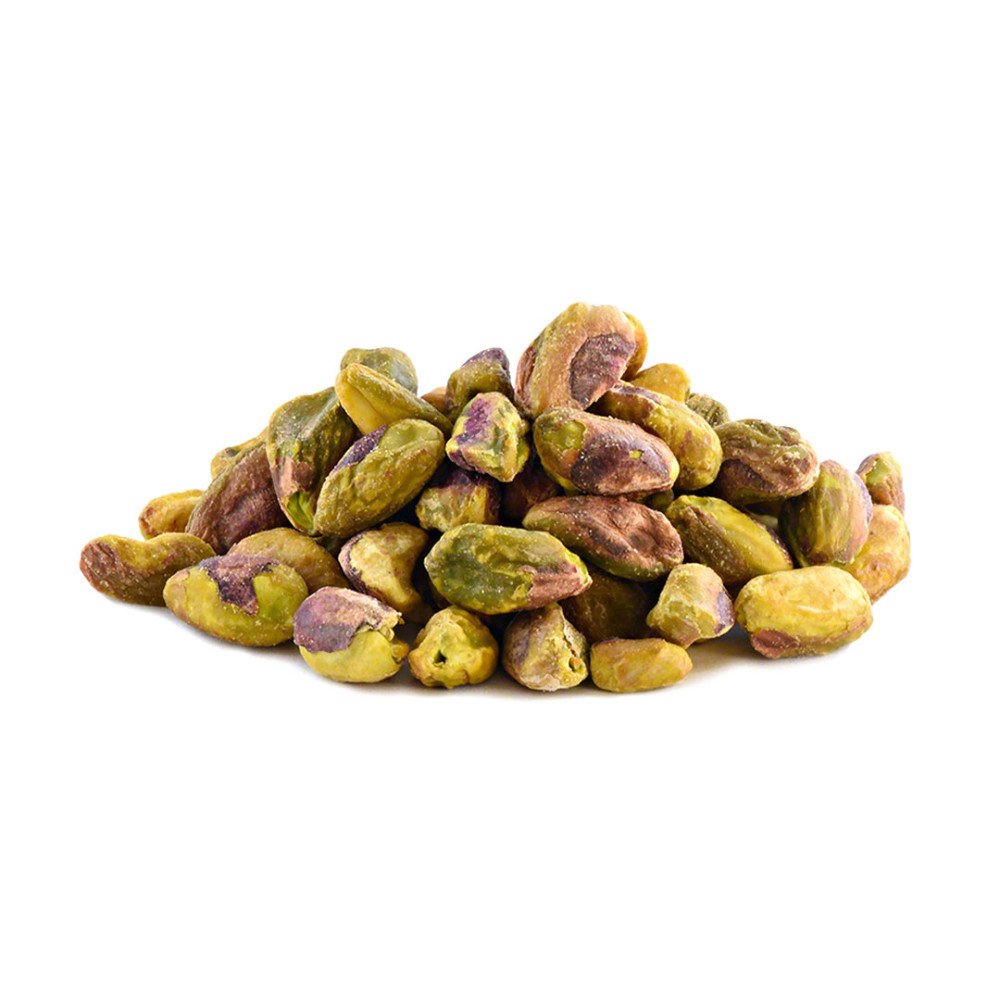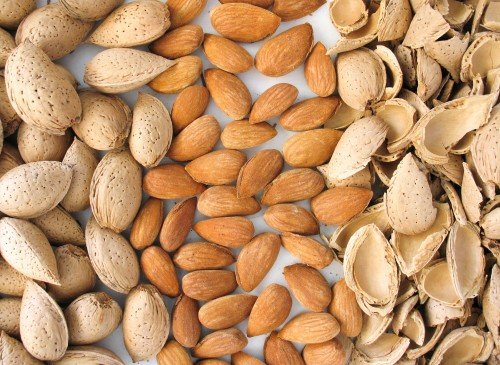Pistachios are a beloved snack all over the world. Not only are they delicious, but they are also highly nutritious. In this article, we'll explore the history and origin of the pistachio, its culinary uses, and its many health benefits. I wanted to end the nut series but thank you for pushing me to do a few more. So I will be doing the requests interchangeably with edible grasses.
Pistachios are native to the Middle East, specifically Iran and Iraq. They have been cultivated there for thousands of years. The earliest references to pistachios can be found in the Old Testament and ancient Persian texts. They have been a delicacy there for thousands of years.
Over time, pistachios have spread to other parts of the world. Today the largest producers are Iran, the United States and Turkey.
In Africa pistachios are cultivated in South Africa but the nut is enjoyed as a snack and used as an ingredient in a variety of dishes, in every part of the continent. Recently, Egypt and Tunisia have also started to grow the crop.
Known as Pista or Njugu ya pistachio in Swahili, the nut shouldn’t be confused with Egousi or African pistachio.
Pistachios are incredibly versatile in the kitchen and can be used in both sweet and savory dishes. They are often used in Middle Eastern cuisine, such as baklava and falafel. Pistachios also pair well with chocolate and are a popular addition to ice cream and other desserts. Additionally, they can be used as a coating for meats or added to salads for extra crunch.
Pistachios are not only tasty, but they are also packed with nutrients. They are an excellent source of protein, fiber, and healthy fats. Pistachios are also high in antioxidants, which can help protect the body against cellular damage and reduce the risk of chronic diseases. They have been linked to improved heart health, weight management, and blood sugar control.
- Heart health: Pistachios are a good source of heart-healthy fats, fiber, and antioxidants, which can help reduce the risk of heart disease. They have also been shown to lower LDL (bad) cholesterol levels.
- Weight management: Pistachios are a low-calorie, high-fiber food that can help promote feelings of fullness and reduce overall calorie intake. Studies have shown that adding pistachios to a diet can help with weight loss and weight maintenance.
- Blood sugar control: Pistachios are a low glycemic index food, meaning they can help regulate blood sugar levels. They also contain fiber and protein, which can slow down the absorption of sugar into the bloodstream.
- Digestive health: Pistachios contain fiber, which can promote regularity and improve digestive health.
- Nutrient-rich: Pistachios are a good source of various vitamins and minerals, including vitamin B6, thiamine, potassium, and magnesium. They also contain antioxidants, which can help protect against cell damage and reduce inflammation.
Pistachios are a delicious and nutritious snack that has been enjoyed for centuries. Whether you eat them on their own, use them in your favorite recipes, or add them to your diet for their health benefits, pistachios are a wonderful addition to any kitchen.
Overall, incorporating pistachios into a healthy diet can offer various health benefits. However, it's important to keep in mind that they are still high in calories, so portion control is key.


Add your reply
Replies